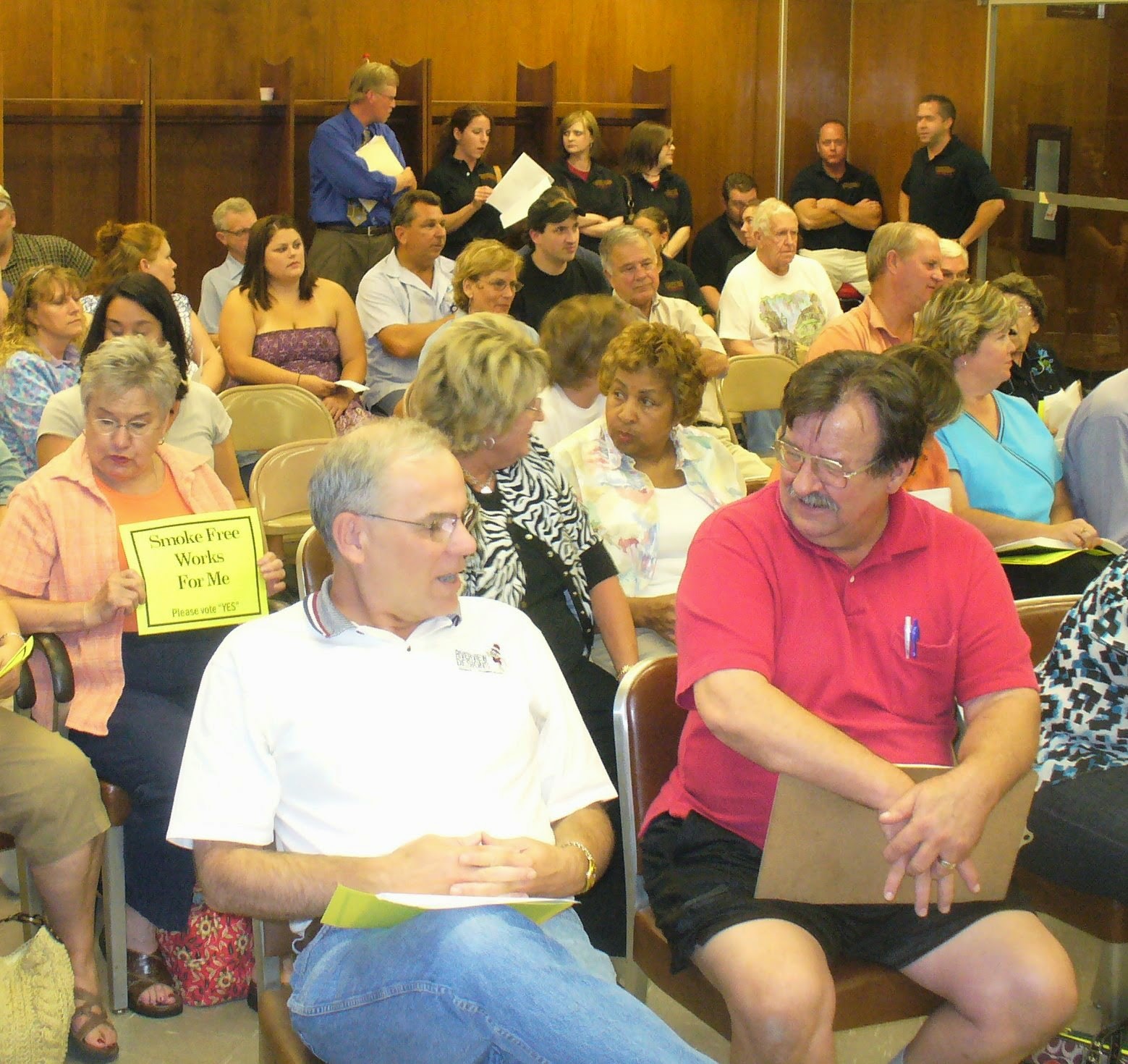As previewed here in early March, the British have had their election, and “nobody won.” Now what?
The scenario outlined in the Guardian’s editorial below is less implausible than it might seem at first glance. A coalition of all non-Tory parties, including Scots and Welsh nationalists and a stray Green, would total roughly the 326 seats needed to keep the still reviled Conservatives safely away from #10 Downing St. However, there is some question whether the non-right should even bother, given the approaching painful phenomenon that Thomas Friedman refers to as “root canal politics” in today’s New York Times.
To seize this historic moment, the Lib Dems must turn to Labour … To ensure the country’s support, Gordon Brown must announce his plans to step down, a Guardian editorial.
Nobody won. That is the basic definition of a hung parliament. The newly elected members might not see it that way. The leaders of the three main parties might couch the results of last week’s election in historical and statistical terms that make them feel better. But the fact remains: nobody won.The Conservatives have the most plausible claim to some kind of victory. They took the highest national share of the vote and gained 97 seats. But Mr Cameron was battling to restore majority Conservative rule. He campaigned vigorously against a hung parliament, all but demanding unchecked power. He was rebuffed: 10.7 million people voted for Tory government; more than 15 million people did not.
But the non-Tory vote was divided, largely between Labour and Liberal Democrats. Despite many local skirmishes, there is a strain of cousinly feeling in both parties that sees the Tories as a common enemy. From that impulse now springs the idea that Labour and the Lib Dems could join forces to prevent Mr Cameron from taking power.










